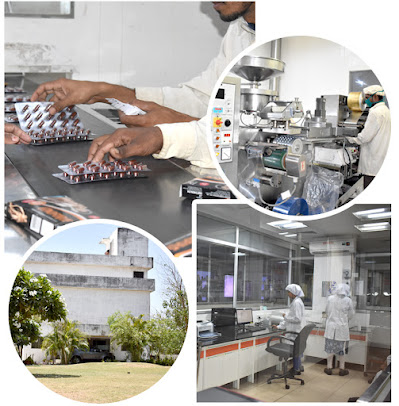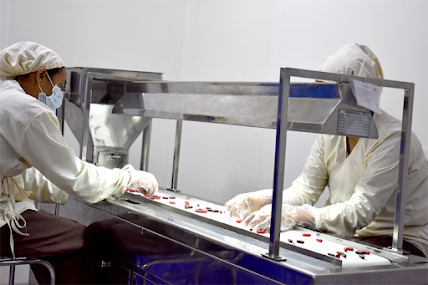Everything You Need to Know About Soft Gelatin Capsules
Soft gelatin capsules (SGCs) are one of the most popular dosage forms for drugs and supplements. They are easy to swallow and can be made to hold a variety of different types of fillings. SGCs are made from gelatin, which is derived from animal collagen. The manufacturing process is relatively simple and doesn't require much specialized equipment. In this blog post, we'll take a look at everything you need to know about SGCs, from their history and uses to the manufacturing process and potential drawbacks.
A Brief History of Soft Gelatin Capsules
The first patents for SGCs were issued in the early 1900s, but it wasn't until the 1950s that they began to be used commercially. The invention of the softgel encapsulation machine in 1963 made mass production of SGCs possible and spurred their popularity even further. Today, SGCs are one of the most popular dosage forms for drugs and supplements, with billions being produced each year.
What Are Soft Gelatin Capsules Used For?
SGCs are commonly used for oral medications that are difficult to formulate as tablets or that need to be quickly absorbed into the body. They can also be used for products that have an unpleasant taste or smell, as the gelatin casing can mask these undesirable properties. In addition, SGCs can be made to hold a variety of different types of fillings, including liquids, powders, and semisolids.
The Manufacturing Process
The manufacturing process for SGCs is relatively simple and doesn't require much specialized equipment. First, the gelatinous material is melted and mixed with a plasticizer to make it more pliable. Then, this mixture is fed into a molding machine, where it is formed into empty capsules. Once the capsules have cooled and hardened, they are ready to be filled with their desired contents.
Drawbacks of Soft Gelatin Capsules
One potential drawback of SGCs is that they can melt in warm conditions—for example, when they are stored in a hot environment or exposed to body heat when being ingested. This can cause the contents of the capsule to leak out or mix together prematurely, which may reduce their efficacy or cause them to be more difficult to digest. Another potential drawback is that some people have allergies to gelatin or other ingredients used in SGCs. If you have any concerns about whether you will be able to tolerate SGCs, be sure to talk to your doctor or pharmacist before taking them.
Conclusion:
Soft gelatin capsules (SGCs) are one of the most popular dosage forms for drugs and supplements due to their many advantages: they are easy to swallow; they can be made to hold a variety of different types of fillings; and the manufacturing process is relatively simple. However, there are also some potential drawbacks associated with SGCs—for example, they can melt in warm conditions—so be sure to talk to your doctor or pharmacist if you have any concerns before taking them. Thanks for reading!




Comments
Post a Comment